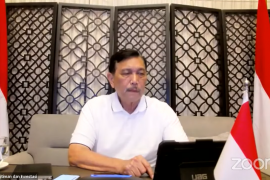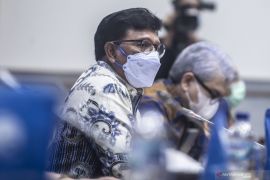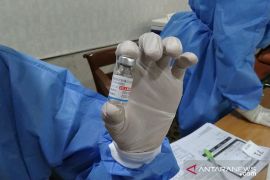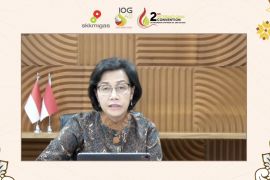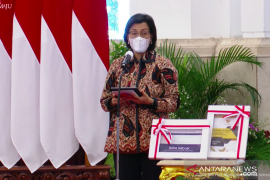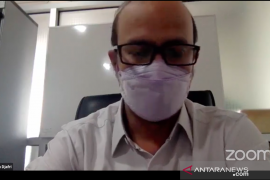"We know that the previous trauma in June and July was a major traumatic experience for our people," Priharto stated during an online event accessed here on Saturday.
He noted that several people had failed to conduct self-isolation during the surge in COVID-19 cases earlier in July and August 2021.
That trauma then caused several COVID-19 patients with mild symptoms to not want to self-isolate at home and opted to go to hospitals to get health treatments. As a result, the BOR currently is significantly increasing.
In fact, the government has recommended patients, with moderate to severe symptoms or in critical condition, to be hospitalized.
On the other hand, he admitted that several factors caused people to be reluctant to self-isolate at home, such as the house's inadequate condition to serve as an insolation place, the presence of a family member with comorbidity, or the presence of elderly at home.
Related news: Be more vigilant as hospital's BOR surges: Patria
He noted that hospitals do not automatically allow or accept patients with mild symptoms to be treated. The hospital management will usually give a statement letter explaining that the treatment cost cannot be borne by the government.
In the statement letter, it is also suggested that patients with mild symptoms should self-isolate at their respective homes in accordance with the recommendations currently given by the government to keep the BOR in hospitals stable, he explained.
The first case of COVID-19 was confirmed in Indonesia in March 2020. According to data provided by the COVID-19 Handling Task Force, as of January 29, 2022, at least 4,330,763 people have tested positive for COVID-19 in the country, while 4,133,923 people have recovered and 144,285 people have succumbed to the virus.
Related news: Govt readies 80,000 hospital beds for COVID-19 patients
Translator: Hreeloita Dharma, Raka Adji
Editor: Rahmad Nasution
Copyright © ANTARA 2022

